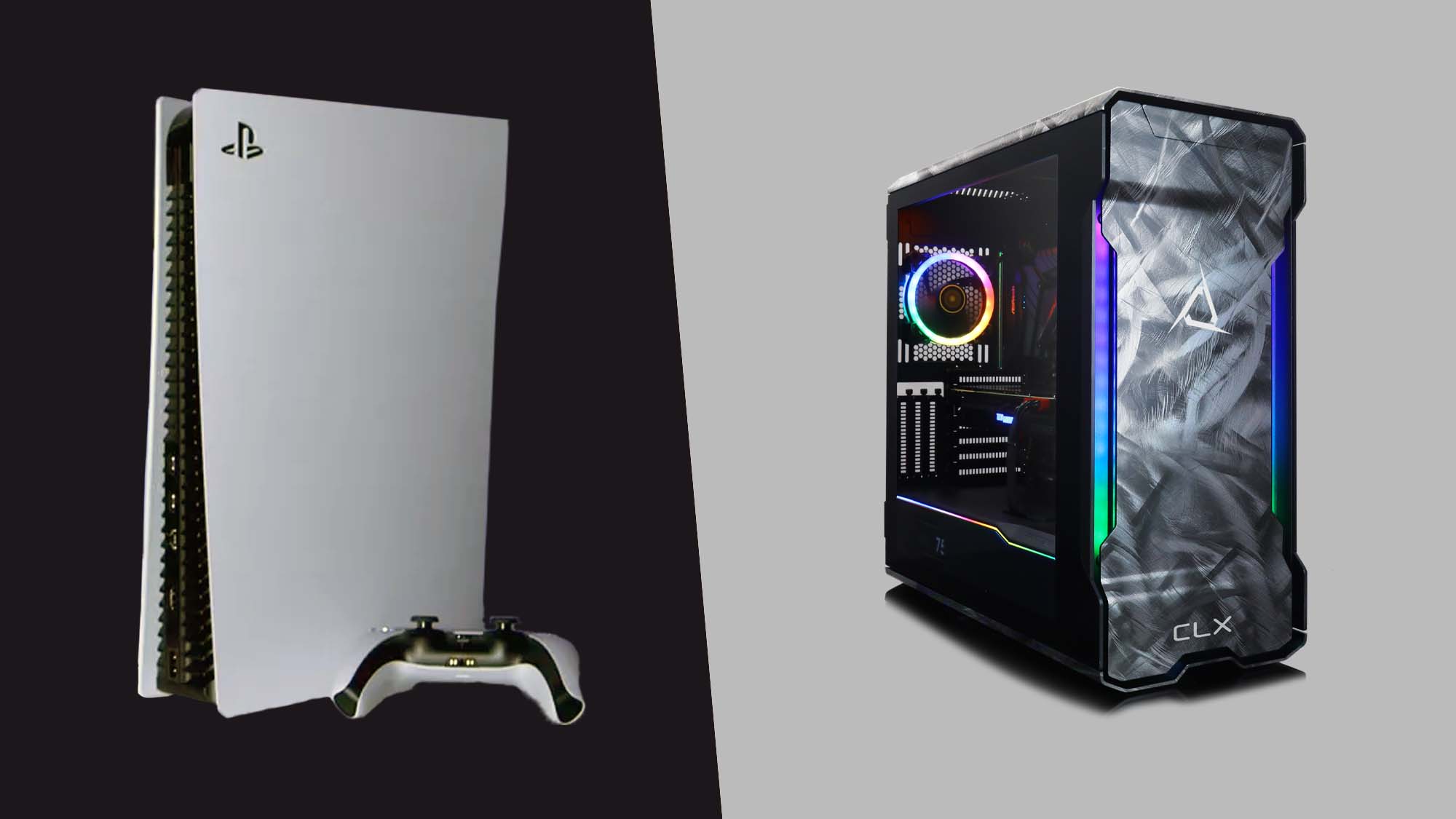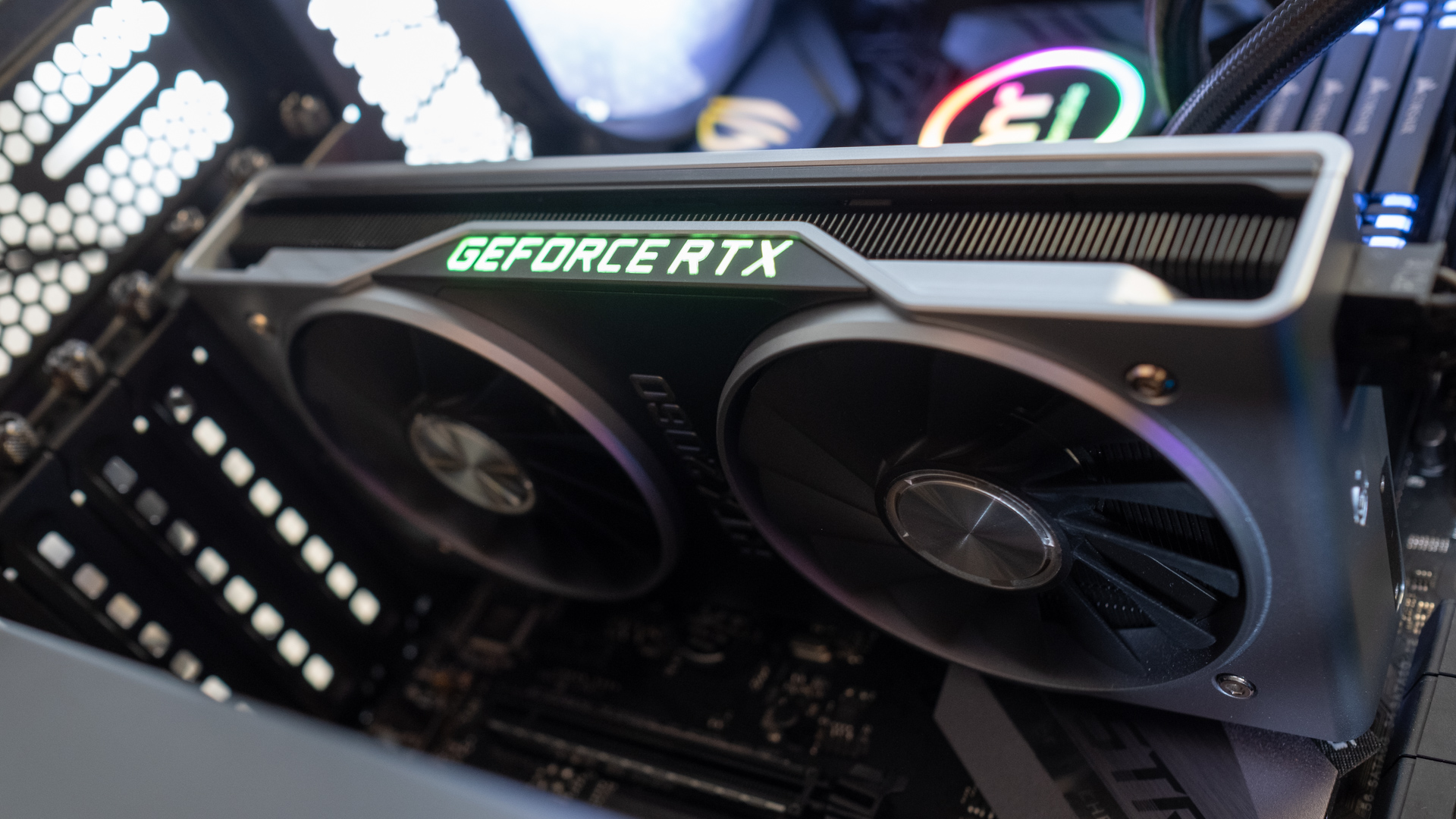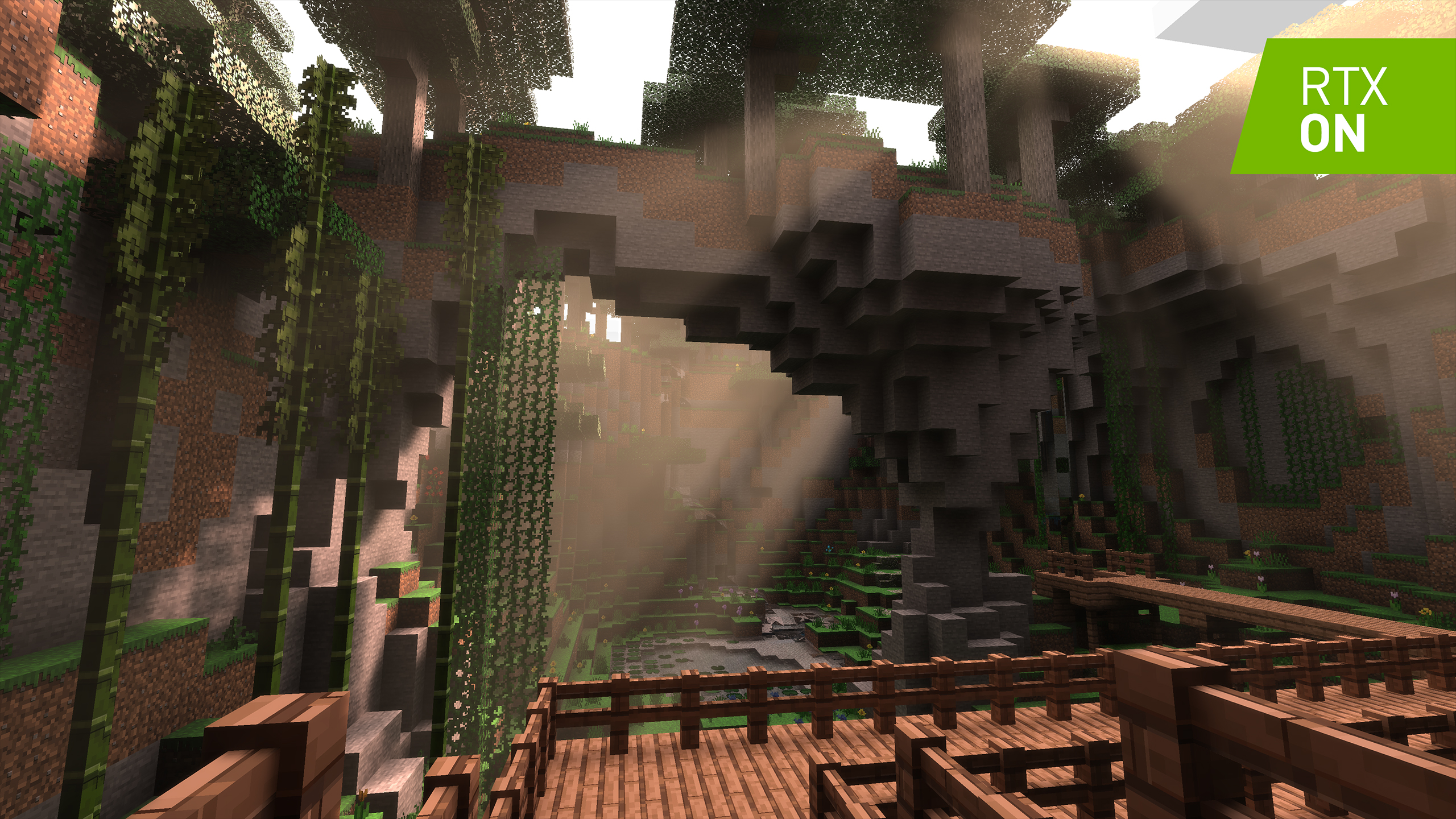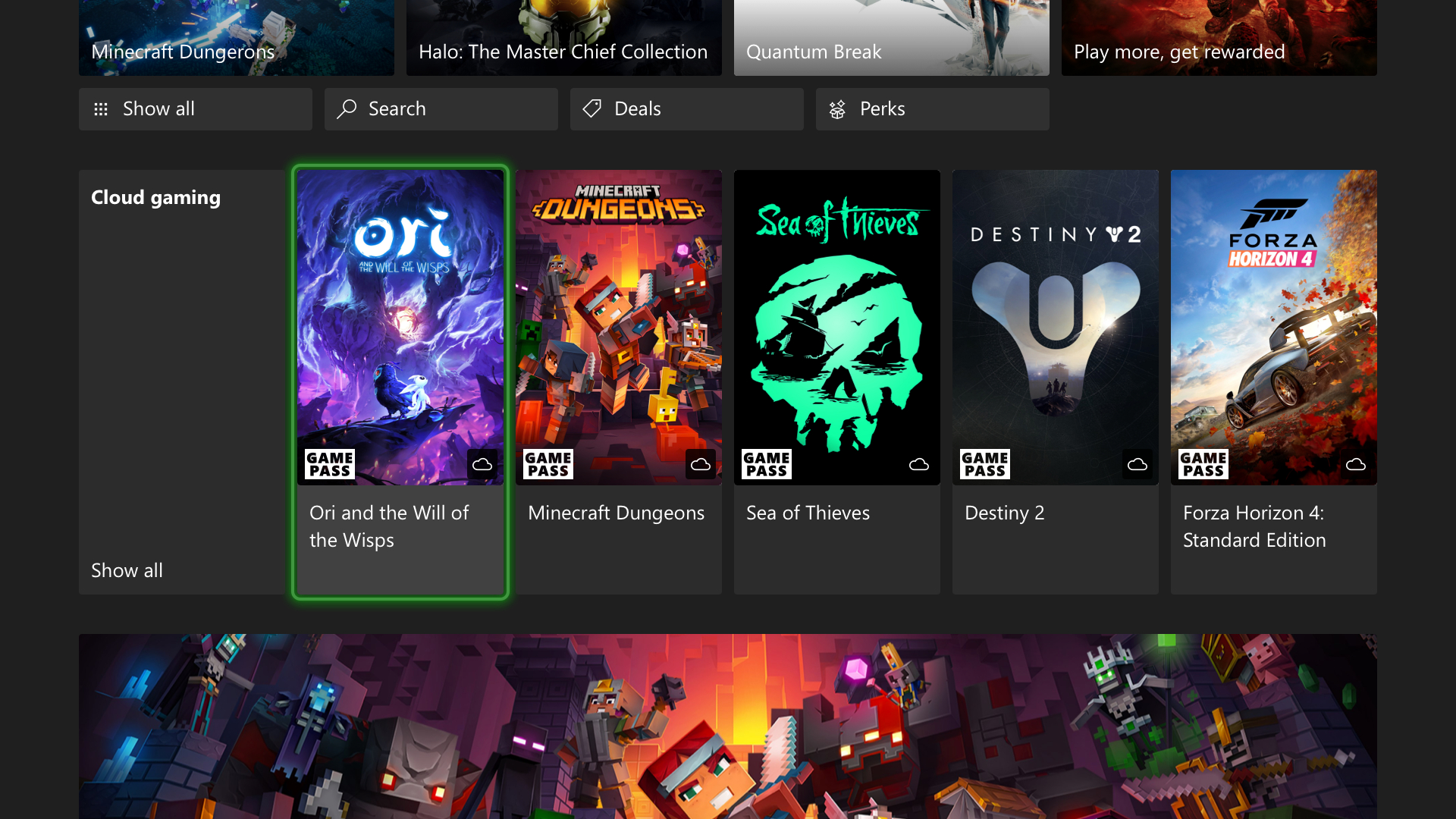Gaming PCs vs next-gen consoles: which plays the game better?
A matter of expense, availability and preference

Sign up for breaking news, reviews, opinion, top tech deals, and more.
You are now subscribed
Your newsletter sign-up was successful
The past decade has seen a resurgence in the gaming PCs vs next-gen consoles debate as the latest offerings from Sony and Microsoft consolidate higher-end hardware that can play many of the same games that you’d find on a premium gaming PC.
Both Playstation 5 and Xbox Series X|S feature nearly the exact same AMD CPU/GPU combo with only slight performance alterations. It doesn’t hurt that Microsoft’s current ecosystem supports gaming on both PC and Xbox Series family of consoles either, further bluring the line between consoles and PCs. Simply put, gaming is more accessible than ever.
Between the market dominance of mobile gaming at nearly 50 percent and slow rise of video game streaming, it makes sense. Consoles make up around 30 percent of the gaming industry market share as PC gaming eats up about 25 percent according to a recent analysis. Though the line between gaming on a PS5, an Xbox Series X|S, or the best gaming PC becomes less relevant, gamers do choose sides, and for legitimate reasons.
Making that choice is harder now as the world faces a chip shortage that’ll probably last into 2024, but potential buyers with an opportunity to choose may want to consider some things if looking to upgrade or jump ship to a new platform.
Gaming PCs vs next-gen consoles: Hardware cost

First thing individuals may want to consider is the price of admission. Consoles are generally more affordable than even the best budget gaming PCs and include everything needed to get started. Sony’s PS5 comes in two versions: the standard disc version for $499 and the digital-only $399 version.
The Xbox Series X|S variants have Microsoft handling things a bit different. Priced at $499, the Xbox Series X features specs more comparable to the PS5 while the Series S is less powerful performance wise and lacks a disc drive. The chip shortage has created a secondary market that slaps a premium on these consoles, often well over 50 percent above MSRP. Still, even with the exorbitant prices charged by eBay profiteers, these consoles are still somewhat cheaper than building a similarly-specced gaming PC.
Building a PC with next-gen features like the best processors, the best graphics cards, and the best SSDs is going to cost a lot. And that’s not even considering all the other additional hardware like a gaming mouse and gaming headset you’re likely to want to pick up.
Sign up for breaking news, reviews, opinion, top tech deals, and more.
When building a gaming PC rig, The AMD Zen 2 CPU featured in both next-gen consoles cost around $300 by itself, while the AMD RDNA 2-based GPU almost starts at $500. PC gaming has also been hit by chip-shortage price-gouging as well, so component prices are still very high, and that’s not even counting the price of the case, power, cooling, and the Windows 11 license.
Those who go the prebuilt route will likely fare better, but getting anything anywhere close to the performance capabilities of next-gen consoles will still cost considerably more than a console would (assuming you can find one).
Gaming PCs vs next-gen consoles: Capabilities

As much as we’d love to see a gaming MacBook or iMac from Apple one of these days, gaming PCs are a strictly Windows affair, and the OS can handle a lot of non-gaming tasks.
Your next-gen console isn’t going to be running robust photo and video editing software like Adobe Photoshop and Adobe Premiere, and anyone who has tried to use a console’s virtual keyboard to enter a password understands that word processing or working with spreadsheets is out of the question. Even ancillary gaming capabilities like modding and streaming is a lot better on PC.
However, building or buying a custom-built Gaming PC is a more personalized experience. Making a rig also depends on what games you expect to play. A rig meant for competitive Fortnite or Rocket Leauge play will be different (and cheaper) than putting together one to play Cyberpunk 2077 at 4K with max settings and ray tracing. Be mindful that the variety of PC builds means that games are usually less optimized and troubleshooting can be a pain.
Consoles are made with a single purpose so buyers should already have an idea of what they’re getting into. Game developers also know very early on what specific hardware will be in the consoles, so they can optimize their games to those exact specs, allowing more advanced AAA titles to run on weaker hardware than on a PC.
There are some differences in what the PS5 and Xbox Series X can do, meanwhile. Sony’s next-gen console features the already popular DualSense controller that does make gaming a bit more immersive. On the other hand, the Xbox Series X has backwards compatibility stretching all the way back to games released on the original Xbox.
There are also some other nuances like how Sony handles storage expansion in comparison to Microsoft. Despite Microsoft backing away from VR, PC and Sony have thoroughly embraced it. PC gamers have a nice variety of headsets to use while Sony plans on offering its next-gen PS VR headset sooner rather than later.
Gaming PCs vs next-gen consoles: Exclusives

More of a traditionalist within the gaming industry, Sony’s tentpole AAA exclusives can only be played on its consoles – though Sony is dipping its toe in the water here. Until Sony dives deeper into PC ports, the only way to play games like Returnal and Ratchet & Clank Rift Apart is on a PS5.
Microsoft’s approach is to make themselves more of an ecosystem that blurs the line between PC, console, and its video game streaming technology. Through the Windows maker’s Play Anywhere initiative, subscribers to its Game Pass Ultimate service can play their first-party exclusives on other platforms.
The game library for PCs is significantly larger than on consoles. With online stores from EA, Epic Games, Rockstar, GOG, and the reigning champion, Steam, a PC’s gaming catalog is unmatched. What Sony and Microsoft offer can’t even come close.
That said, the age of the AAA PC-gaming exclusive is pretty much a thing of the past now that console hardware has risen nearly to the level of a modern gaming PC. What’s more, since so many people own consoles, there is far more incentive for developers to target their games to consoles rather than PCs.
There are still some PC exclusives, like League of Legends and Guild Wars 2. Widely considered the current benchmark for VR experiences, Half-Life: Alyxx can only be played on PC with a VR headset, but the days of getting a PC exclusive title like the original Half-Life are likely long gone.
Gaming PCs vs next-gen consoles: Game prices

With advances in technology and visual fidelity, games are getting more expensive to produce, generally speaking. Now, the typical AAA title is going to sell for around $70 a $10 jump from the previous generation’s games.
Sony and Microsoft have also taken different approaches to how players get access to their content too. Subscribers to Sony’s soon to be multi-tiered PlayStation Plus service have access to two free games a month at the minimum. Microsoft’s Gamepass program has been dubbed the Netflix of gaming with a set monthly subscription price and access to newly released first-party titles alongside rotating third-party developed games. Both services also offer discount prices on game purchases for subscribers of their individual services, and they will often have sales events as well.
PC gamers have a bit more flexibility for how they want to pay for games. Most of the digital storefronts on PC like Steam always offer some sort of sale for games that are usually more affordable than their console counterparts, and there are a lot more indie darlings on the PC that you can get for about the cost of a cup of coffee. Then there are other stores like Humble Bundle that offer specials that can be jaw-droppingly cheap.
When it comes to AAA games though, there won't be much difference in game prices on gaming PCs vs next-gen consoles. Those prices are pretty consistent and pretty high, though you can still sometimes get a better deal on one against the other at competing storefronts or retailers, so in the end, you shouldn't worry that you're going to be overpaying for games on one platform or another.
Ural Garrett is an Inglewood, CA-based journalist and content curator. His byline has been featured in outlets including CNN, MTVNews, Complex, TechRadar, BET, The Hollywood Reporter and more.
